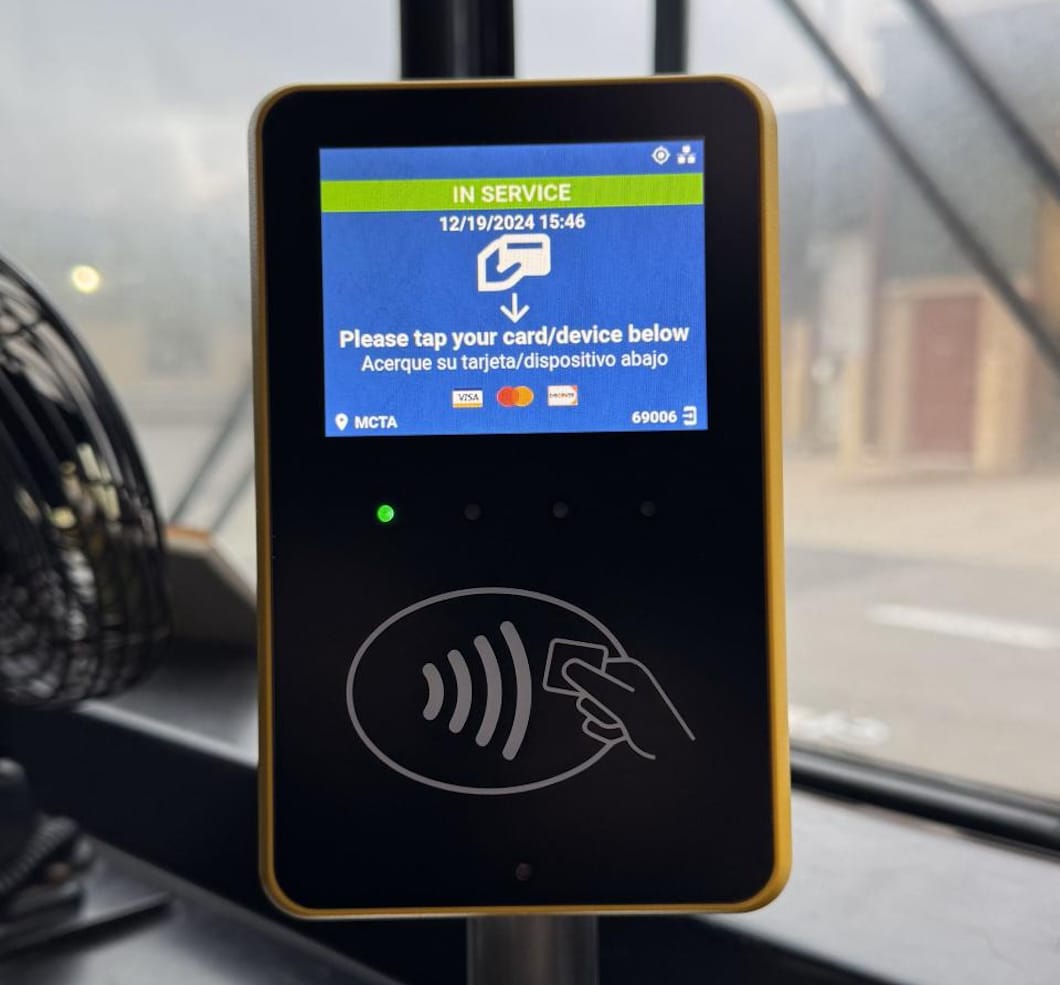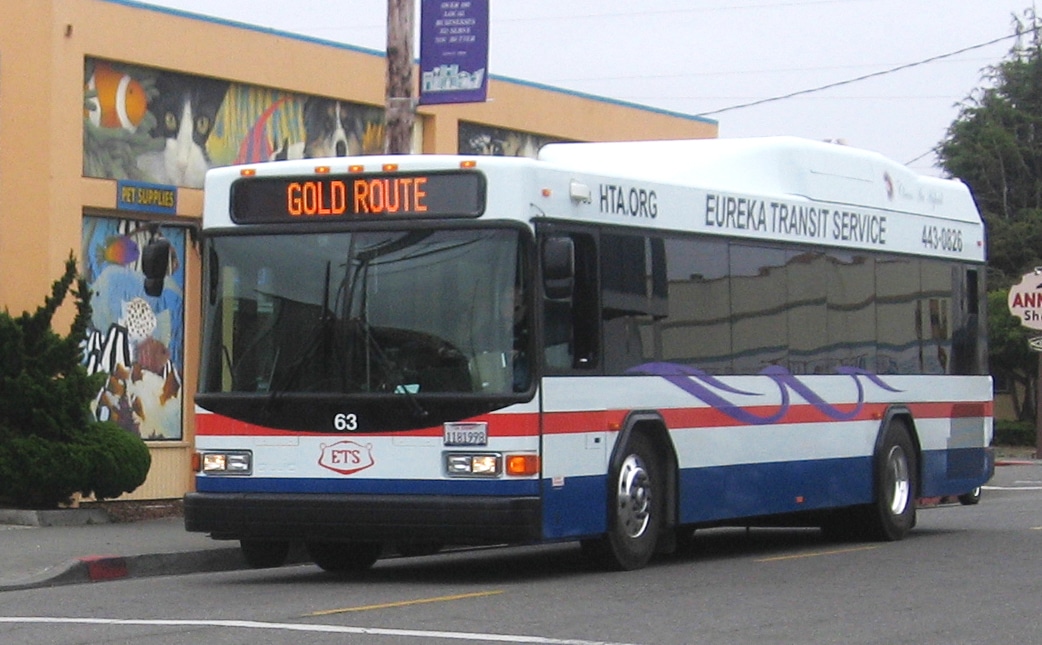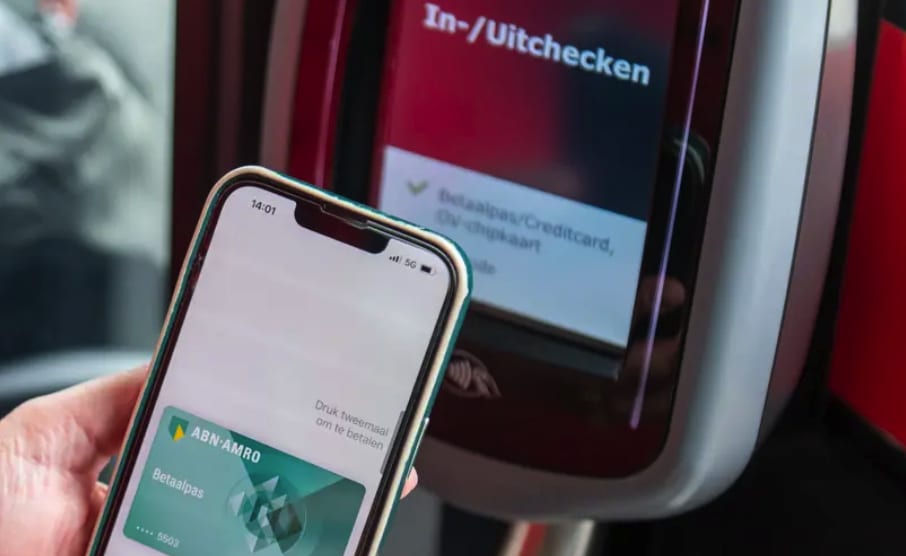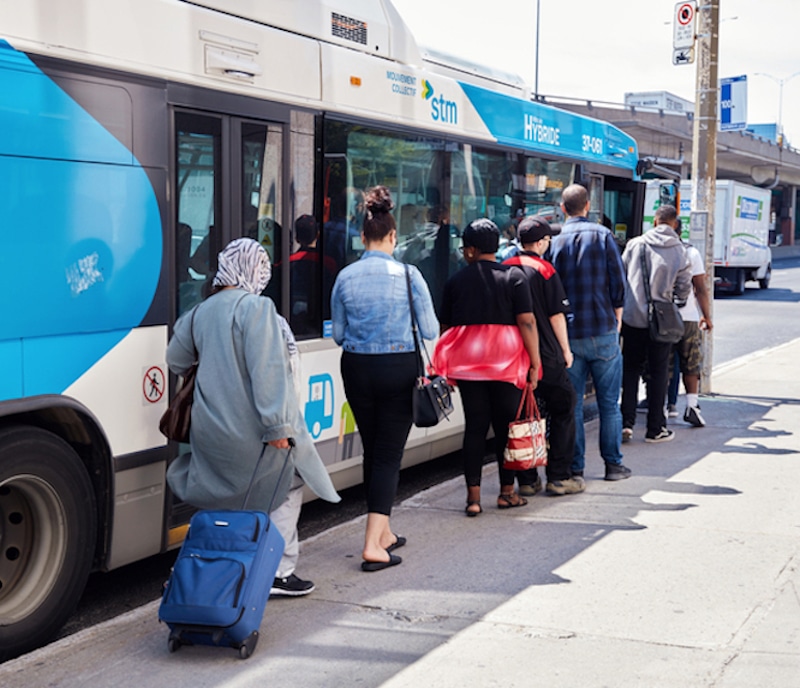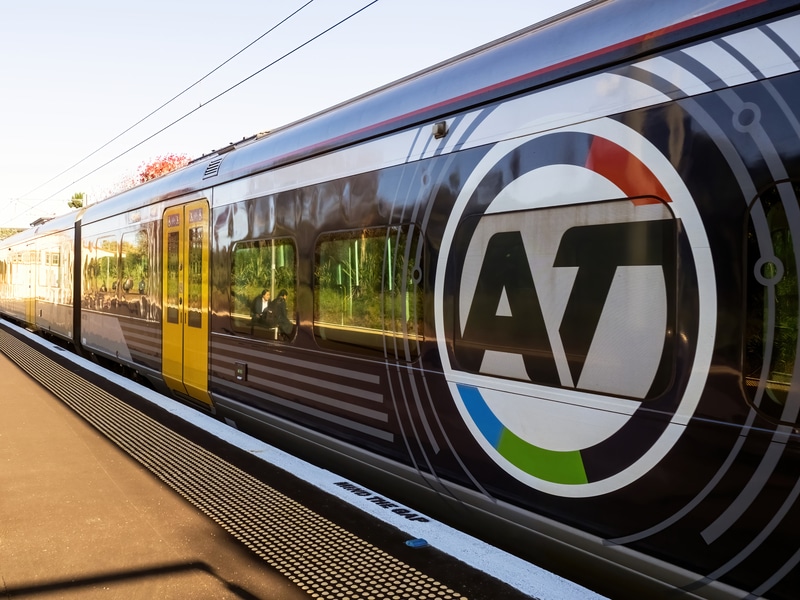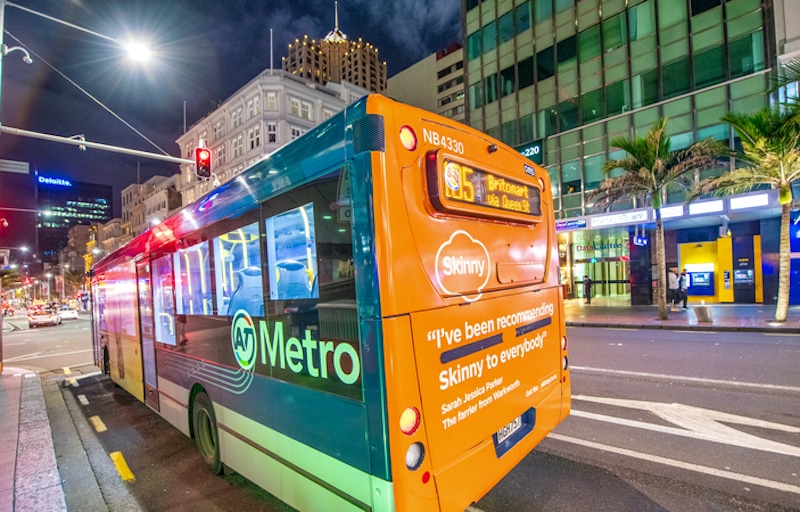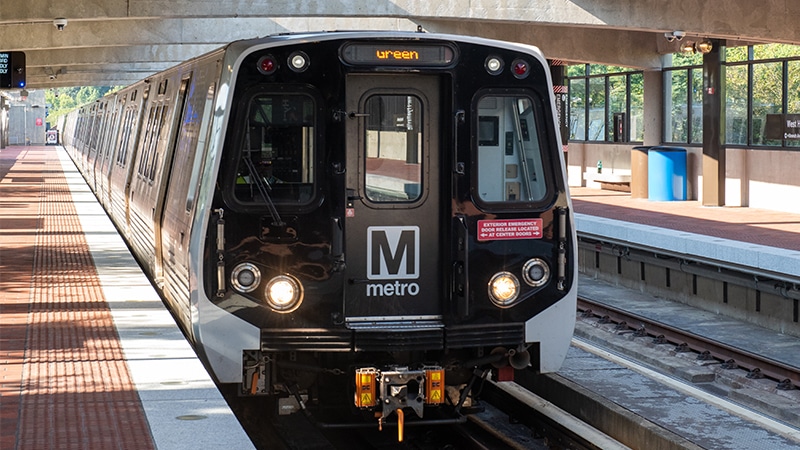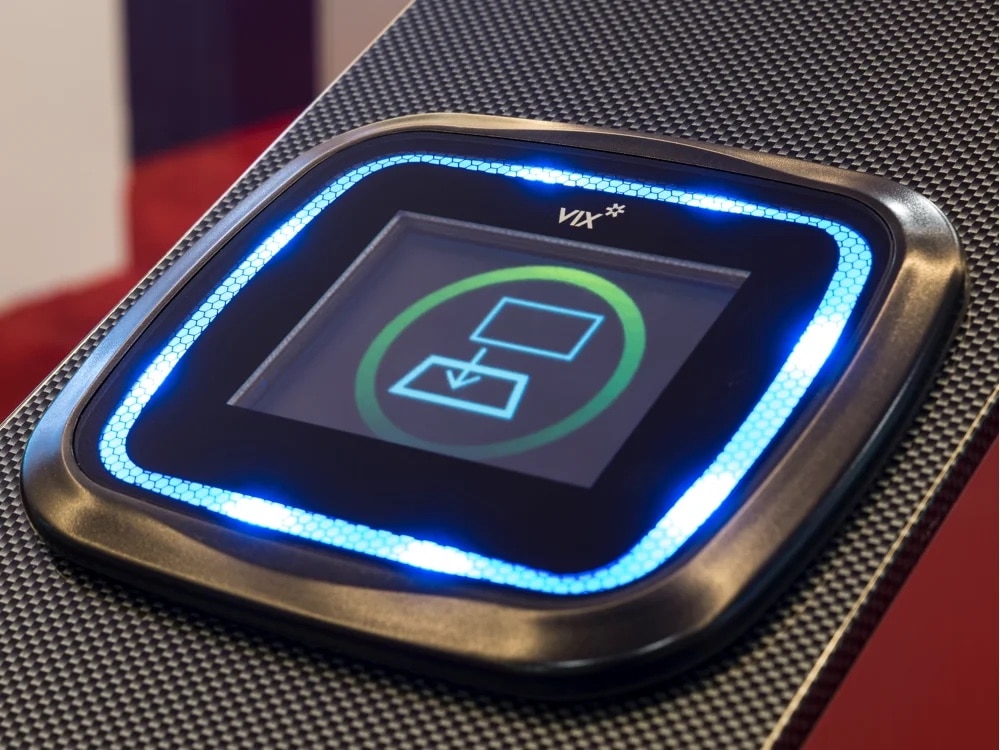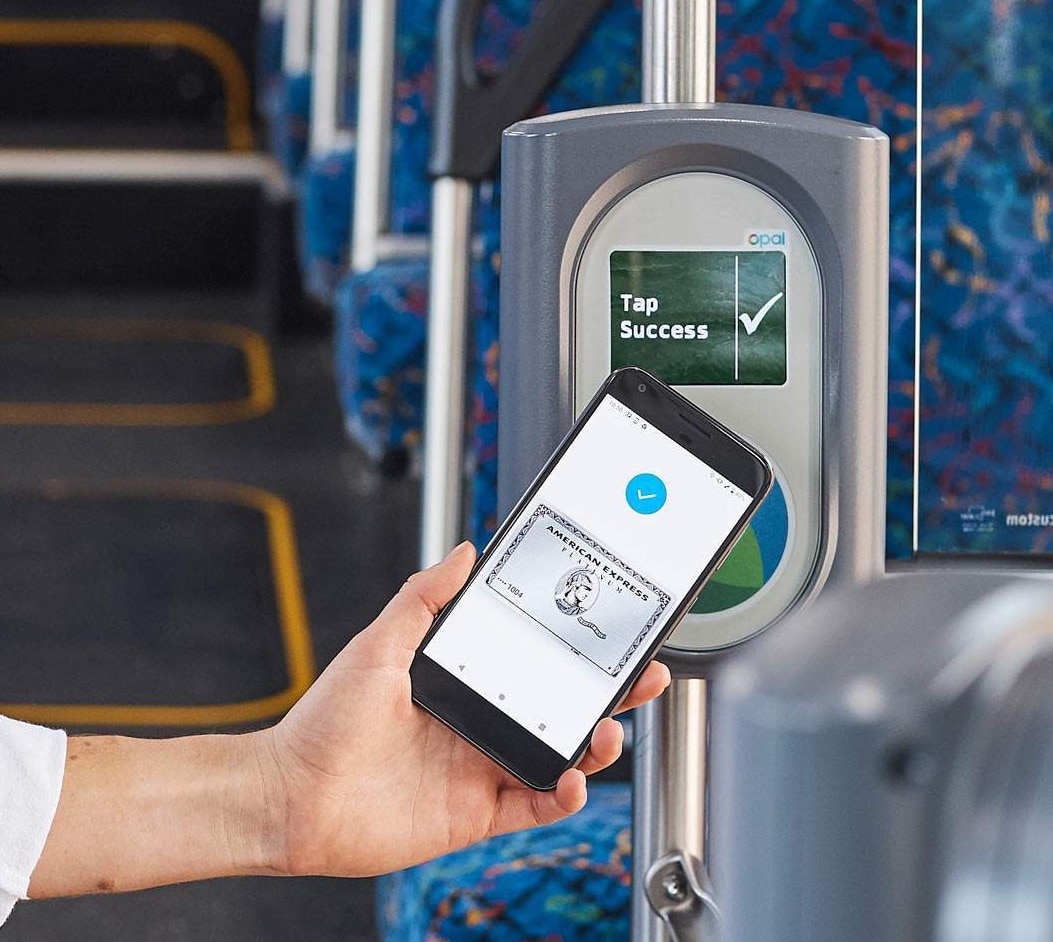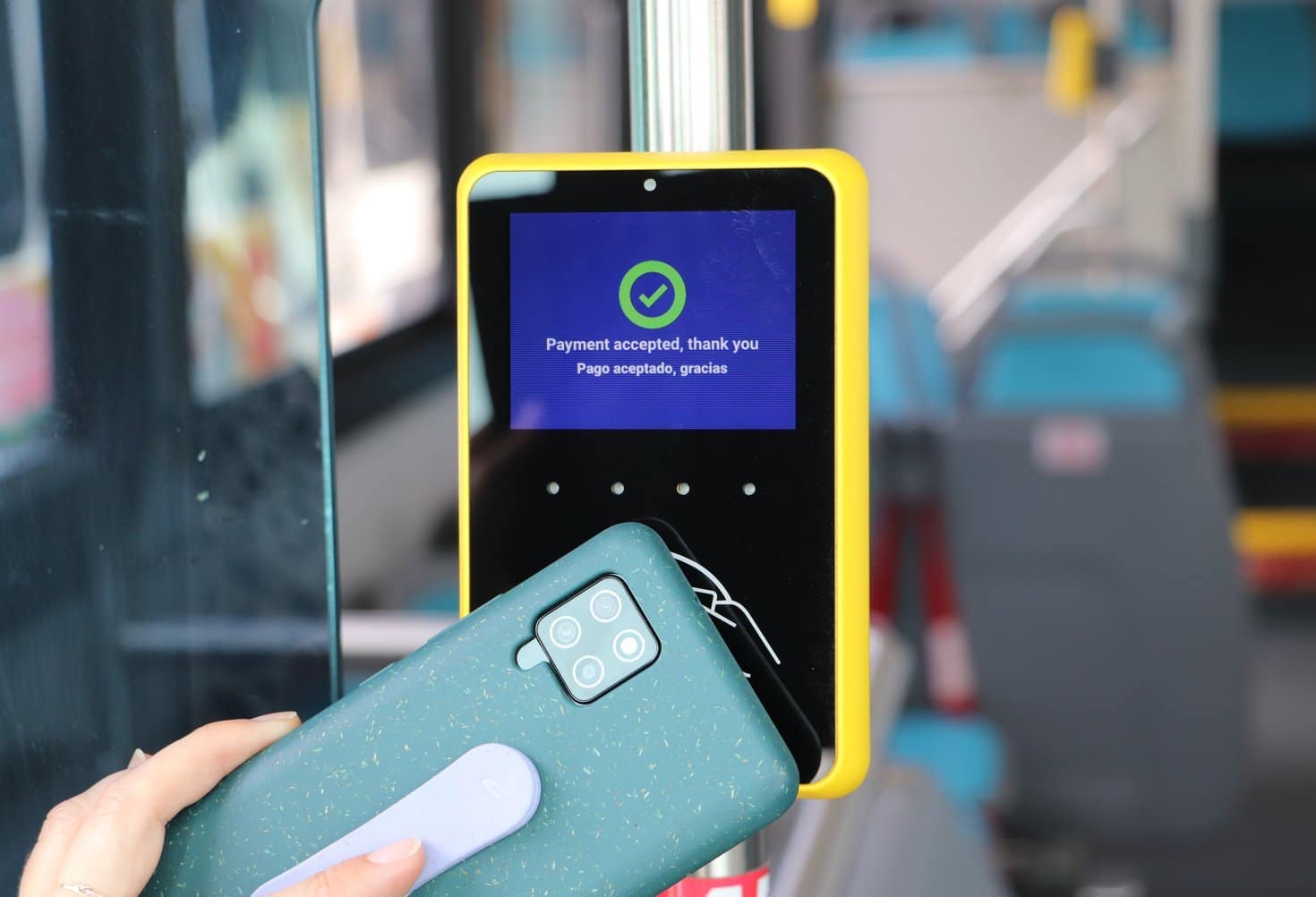
Article Highlights
Key Takeaway:
The rural bus agencies in Northern California are among the first to move under the state-backed Cal-ITP program.
Key Data:
• Table: Validator Bids, SC Soft vs. Kuba
• Table: Transit Processor Bids, Littlepay vs. Enghouse
In one of the first procurements of open-loop technology past the pilot stage for the pioneering California Integrated Travel Project, a group of rural transit agencies in Northern California received a low price for its planned open-loop payments rollout, Mobility Payments has learned.








